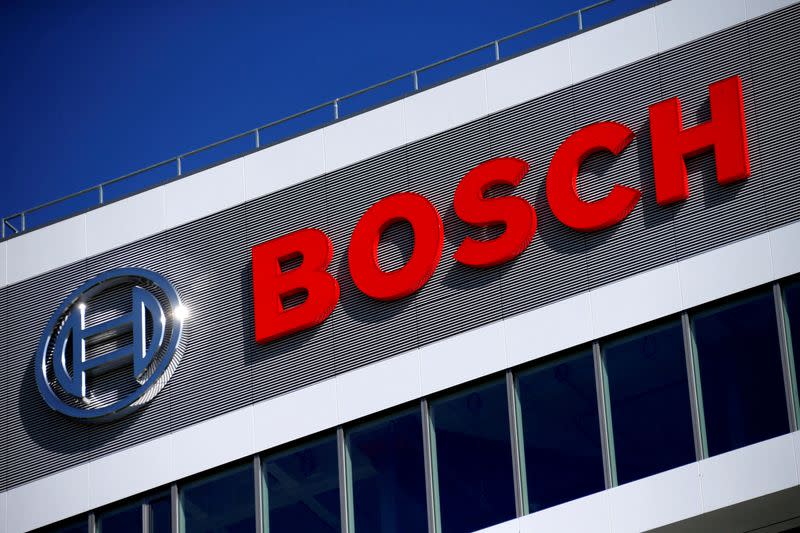Russia takes over another Western asset with Bosch plant deal

(Reuters) - Russian state entity NAMI said on Wednesday it had acquired a 100% stake in a factory producing anti-lock brakes and other systems for cars that was formerly owned by German technology group Robert Bosch.
NAMI, Russia's Central Automobile and Engine Research and Development Institute, has been snapping up assets from global carmakers that left Russia over its invasion of Ukraine.
NAMI has already taken over plants that were previously run by carmakers Renault, Nissan and Toyota.
The price of the transaction was not disclosed, but NAMI has picked up other assets for nominal fees.
"Previously the company was engaged in the production of steering systems, anti-lock braking systems and electronic stability programme systems," NAMI said in a statement.
NAMI said the 107 staff employed at the factory in the Samara region at the time of the transaction would continue to work and that it was working with Russia's industry and trade ministry to restart production from 2024.
(Reporting by Alexander Marrow and Gleb Stolyarov; Editing by Mark Potter)

 Yahoo Finance
Yahoo Finance 